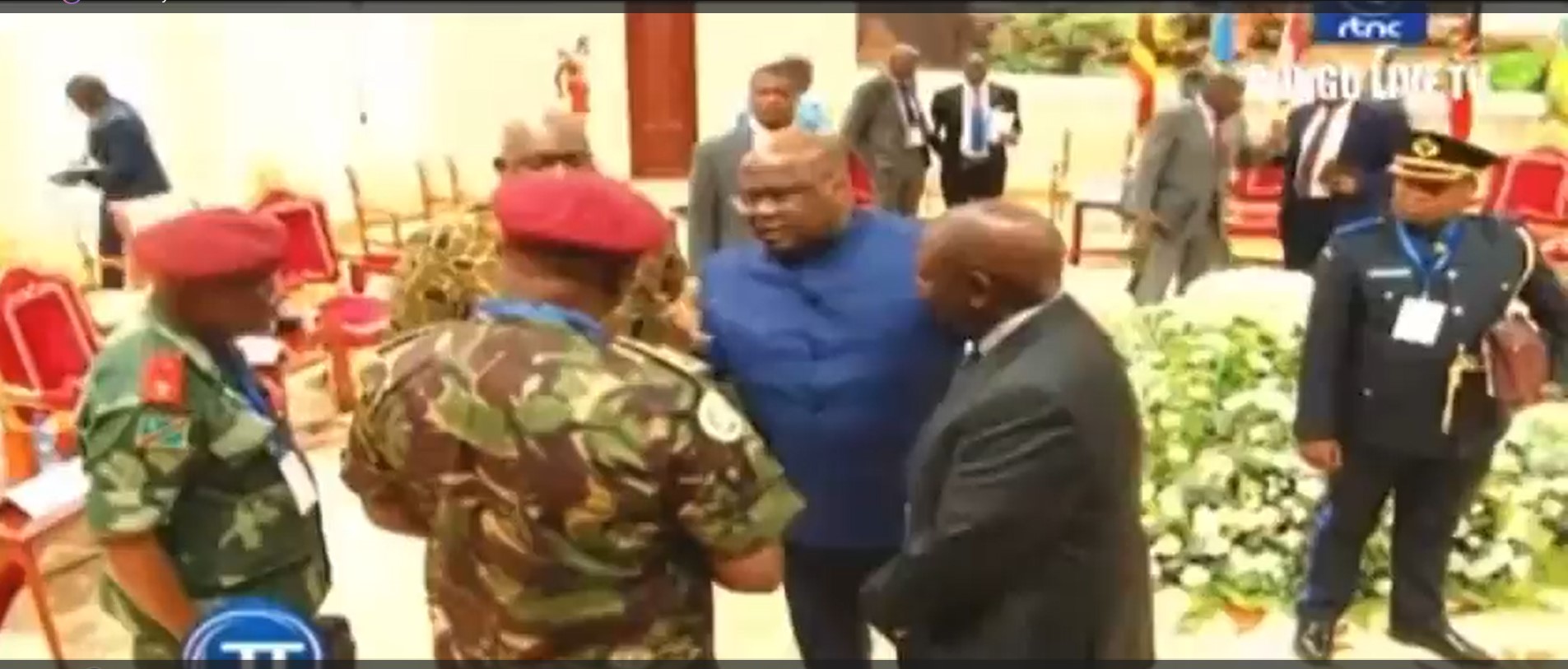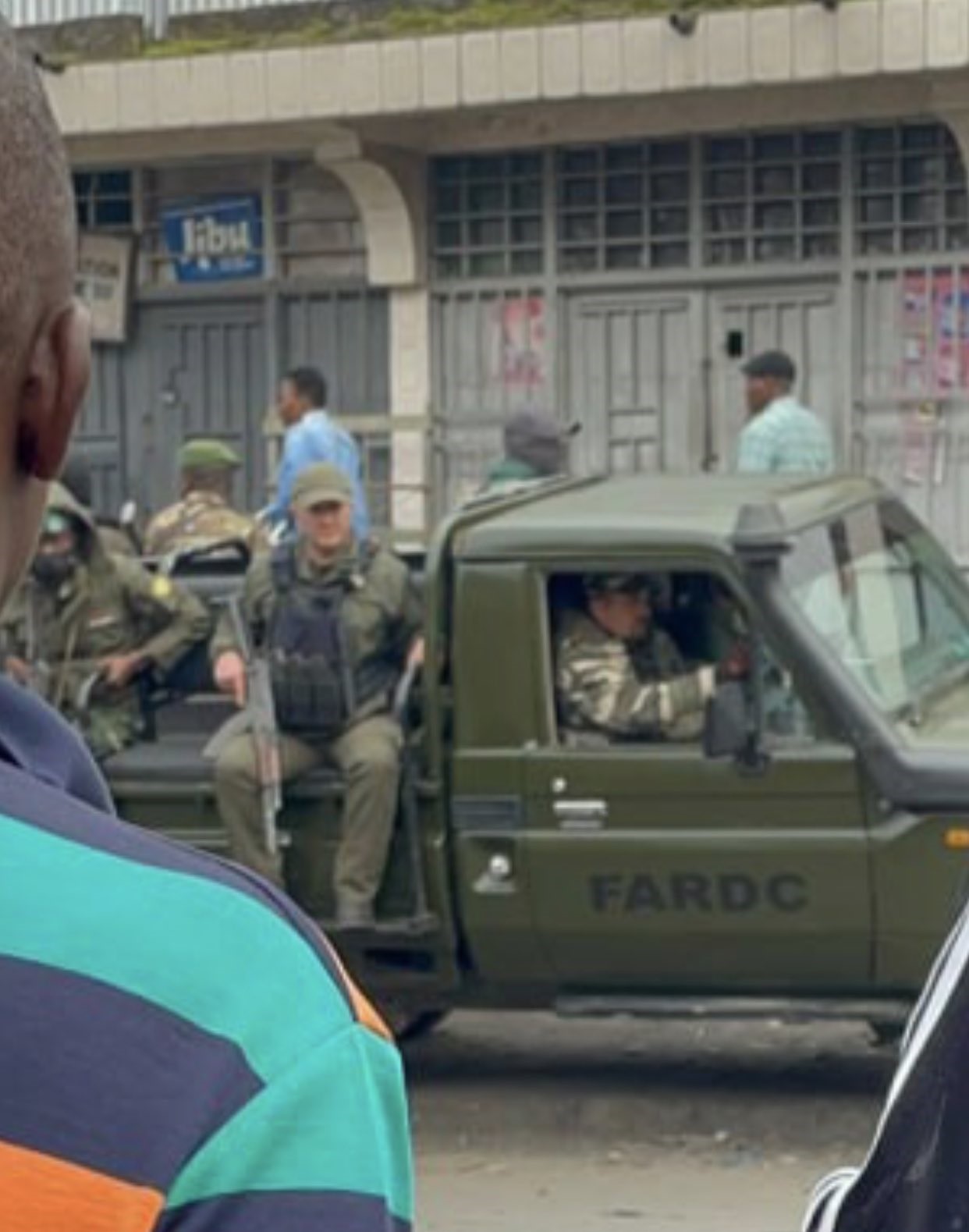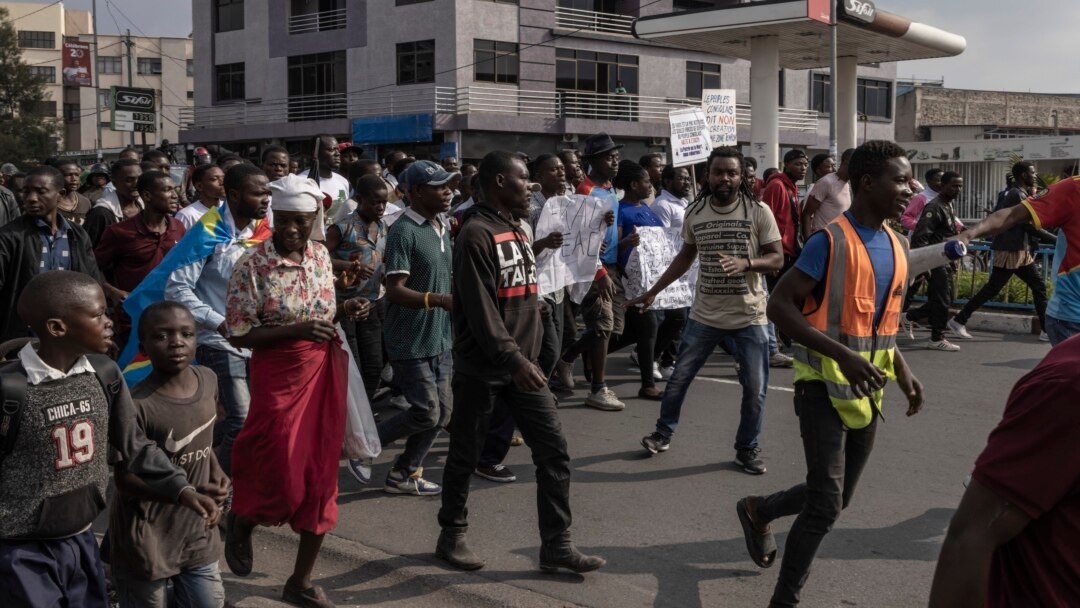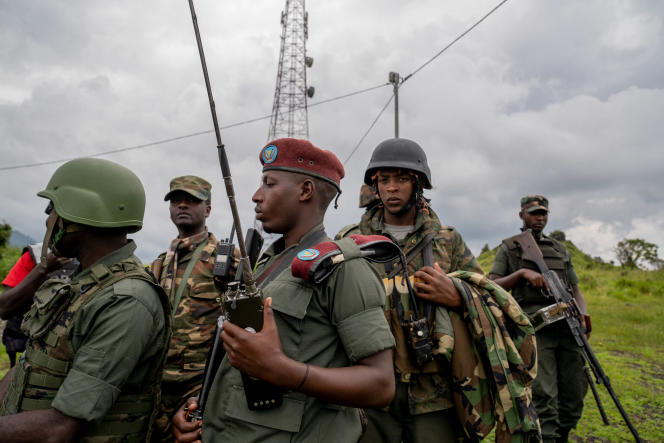Regional
DRC’s actions contradict, hurt regional peace efforts
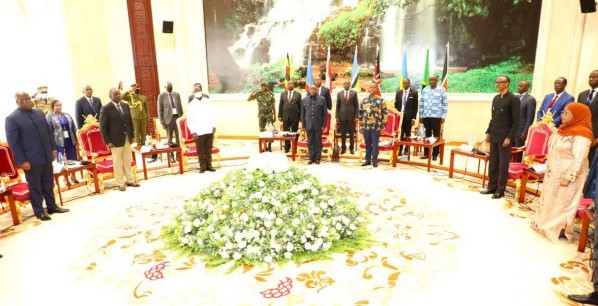
At a
time when the volatile security situation in DRC's North Kivu province is
deteriorating, on February 4, talks were hosted in Burundi by the seven-nation
East Africa Community (EAC), in an effort to end the fighting that is
threatening the entire region's peace and stability.
The
EAC leaders called for an "immediate ceasefire by all parties" and
the withdrawal of all armed groups, including foreign armed groups, in a
statement issued after the Summit.
The Summit
observed that the security situation in eastern DRC is a regional matter, which
can only be sustainably resolved through a political process. The leaders
emphasized the need for enhanced dialogue among all the parties.
For Kinshasa,
the summit’s resolutions were a dead letter. On Sunday, a day after the
extraordinary EAC Summit, the DRC Deputy Prime Minister and Minister of Foreign
Affairs issued a communiqué stating that the DRC expects the EAC Regional Force
to fight the M23 rebels and that Kinshasa will not dialogue with the rebels.
Even though the rebels are citizens of DRC fighting for, among others, their
right for citizenship, Kinshasa has branded them as terrorists and does not
want to listen to their cause. The rebels are determined to fight on and have
repulsed any attacks by the weak and corrupt Congolese national army and its
coalition of militia groups including the FDLR. The latter is a genocidal force
formed nearly three decades ago in DRC by remnants of the criminals who
committed the 1994 genocide against the Tutsi. In 1994, the mass murderers were
welcomed by the then Congolese government, given a safe haven and supported to
reorganise and return to Rwanda to finish their genocide agenda.
Their
sinister plot has always been thwarted by Kigali. Though they don’t have the
military strength to cause chaos in Rwanda, their spreading genocide agenda –
if not stopped – is threat to peace and security in DRC and the region.
Clearly,
Congolese President Félix Tshisekedi and his government lack the will for
implementing the signed agreements.
Since
December 2022, the M23 rebels began to withdraw from their earlier captured positions
in respect of the Luanda agreement. The East African Community regional force
(EACRF) now controls positions vacated by the rebels.
But
since January 2023, a coalition – of the Congolese army, the Rwandan genocidal
militia, foreign mercenaries, and other armed groups – launched provocative attacks
against the M23 rebels.
Bujumbura’s
resolutions were clear; these are armed groups that are supposed to be disarmed.
Instead, Kinshasa is arming them and re-integrating them in the national army,
as is the case with FDLR.
Tshisekedi’s
leadership failures are becoming more evident. He is caught between a rock and
a hard place, and is unveiling all the tricks under his sleeves to mislead his
compatriots and the international community by attempting to reduce or blame all
the insecurity crisis to one factor – the M23 rebels.
But
he is deliberately ignoring one thing, a hard truth. The M23 rebels are
legitimate Congolese fighting for their rights to be recognized as such, and
fighting to end the torturing, hunting down, and systematic killing of
Kinyarwanda-speaking communities, especially the Congolese Tutsi.
These
atrocities are committed, in broad daylight, by the coalition Kinshasa is
financing.
Kinshasa
adamantly refused to listen to the M23 rebels’ requests and branded them as
terrorists. As the political chaos worsens in the eastern part of his country,
Tshisekedi is trying to find the easiest way out – blaming the Rwandan
government of backing the rebels. Worse still, he is fond of attributing all of
his administration’s failures to Kigali.
The
Bujumbura summit was one of the many summits previously held in the regional
bloc’s effort to stabilise eastern DRC.
Angola and Senegal have financially
facilitated the ongoing political processes.
But
there will never be peace as long as the government in Kinshasa refuses to
honor agreements it signs.



